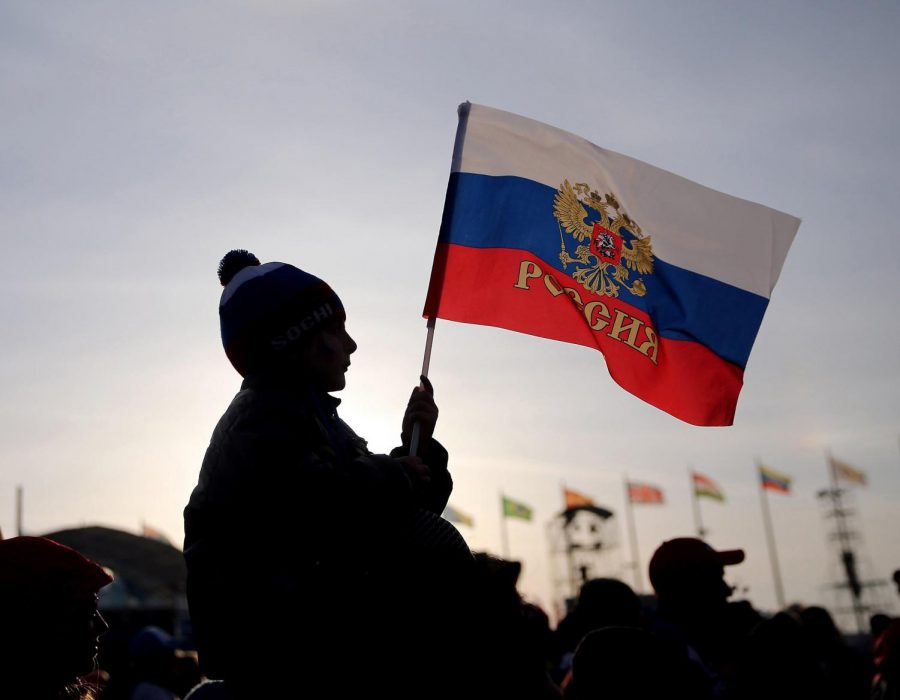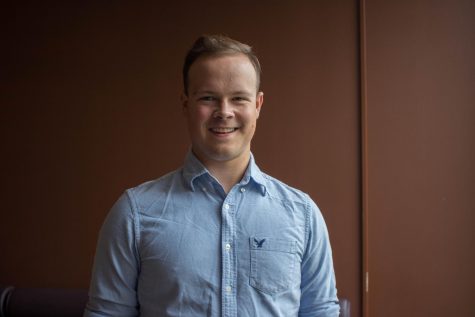2018 PyeongChang Winter Olympics
Feb 5, 2018
This Friday, the eyes of the world will focus in on the city of PyeongChang, South Korea, for the 23rd Olympic Winter Games opening ceremony.
Nearly 3,000 athletes from 92 countries will march into the Olympic stadium behind their nation’s flag, representing the best of the best of the world’s winter sport athletes.
The Winter Games, while not as large of an event as the Summer Games, were first held in Chamonix, France in 1924 and were expected to be a grand display of passion, culture and competitive sporting action.
PyeongChang, located about 110 miles from the capital of Seoul (and 15 hours ahead of Central Standard Time), was awarded the right to host the 2018 games in 2011, and was officially designated as the host city at the closing ceremony of the 2014 games in Sochi, Russia.
After 17 days of action, PyeongChang will hand the hosting rights off to the 2022 host city, Beijing. Additionally, as the host of the Olympic Winter Games, the city will also host the Paralympic Winter Games next month.
These games, like many in the past, have not come without controversy. Coming into 2018, there were two. First off, the most obvious one: North Korea.
60 miles from the Olympic city lies the Demilitarized Zone, the buffer that has divided the Korean Peninsula since the Korean War in the early 1950’s. Since North Korean leader Kim Jong-Un’s rise to power in 2011, tensions between the two nations have been picking up at an alarming rate.
Kim has been determined for years to develop a nuclear weapon capable of striking the United States. With the largest sporting event in the world now near his doorstep, the world fears his regime may launch an attack during the games and threaten global peace that has been traditionally respected during the Olympics. Though the North Korean threat is real, there is a sign of peace shining through it all.
Recent talks between leaders from the North and South have resulted in an agreement to have both teams march together during the opening ceremony under the Korean unification flag. They even agreed to form a joint women’s hockey team for the games. While the threat of destruction still looms, this agreement shows that, politically, both sides are working diligently despite their disagreements.
The other major controversy is Russia. Last December, the International Olympic Committee announced that the Russian Olympic Committee and, therefore, the Russian Olympic Team were banned from the 2018 winter games as a punishment due to a state-sponsored doping program that resulted in the stripping of 42 medals from Russian Olympians dating back to 2008. Russian athletes who have been cleared by drug testing groups have been invited to participate in PyeongChang; however, they will be competing under the Olympic flag as “Olympic Athletes from Russia,” disassociating any of their success they have with the Russian Olympic Committee.
These games are anticipated to be of monumental proportions. Olympic hockey will, for example, be of a totally different dynamic, as NHL players will not be participating. The NHL decided last April that to keep the season flowing after their annual all-star game, they would eliminate their Winter Olympic break every four years and not participate. In their place, many countries, including the United States, will send amateur athletes to compete. On the slopes, American Lindsey Vonn, who missed the 2014 games due to a severe knee injury, will return to the mountains seeking her third Olympic medal. Figure skater Adam Rippon looks to break through onto the stage as the first openly gay American to compete at the Winter Olympics and claim glory on the ice. And of course, the snowboarding legend, Shaun White, will be back. Coming into his fourth Olympics, White, an 18-time Winter X-Games medalist, will attempt to win his third gold medal in the halfpipe.
Olympic fans will be able to catch much more action during the two-and-a half week global sporting celebration.
Prepare to watch the bobsledders race down the track at record speed, as cross country skiers track for miles through the snow and people sweep ice with a broom while pushing around stones in curling. Athletes will sprint faster, jump higher and become stronger during this 17 day festival of worldwide sports.
Fans can catch the opening ceremony and all the action from South Korea on the networks of NBC.









